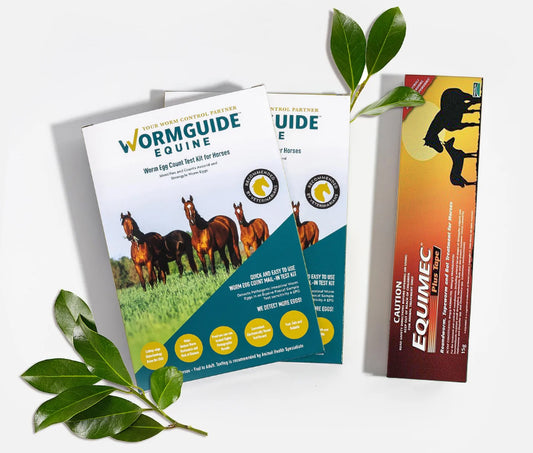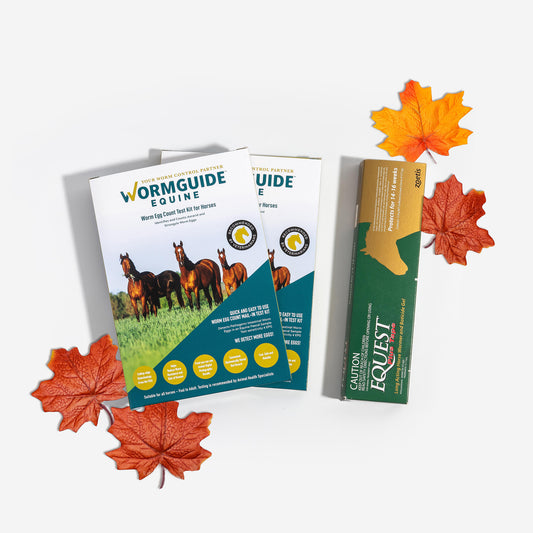When human healthcare treatment is not working, increased research, scientific evidence and knowledge creates the different thinking needed for improved healthcare.
Same thing with horse worm control, the old traditional way of deworming horses is not working. Scientific evidence shows worming horses too much actually makes the wormers (dewormers) you use less effective!.
For decades people have wormed horses according to some chosen 'interval' marked on a calendar all throughout the year. Every 4 or 6 or 8...what-ever-weeks. These approaches didn`t do much beyond making horse worms adapt to survive worming treatments. Turns out this strategy is the major cause of resistance.
This phenomenom, called anthelmintic (wormer, dewormer,drench) resistance, is a serious threat to horse health (particularly in young horses) and is a great concern to equine research scientists, parasitologists and veterinarians.
Horse worms around the world are becoming more and more resistant to the worming treatments we have available.
It`s a scary fact.
Worming Success or Failure
Researchers in Australia are painting a concerning picture to the extent of the resistance problem. A recent 2024 published research study highlights the need to change the current deworming practices used and check for worming success or failure using faecal egg counts(FECs).
Cue: Scary Map!

Told you!
The Battle Against Wormer Resistance
Fortunately there are ways you can help slow the progression of harmful wormer drug resistance.
To circumvent the problem of dewormer resistance in horse worms, alternative control strategies have been developed to slow the development and spread of drug resistant worms.
The 2024 revised best practice guidelines:- help minimise the risk of worm-related disease
- maintain the effectiveness of current drugs for as long as possible by delaying further development of wormer resistance.
The American Association of Equine Practitioners (AAEP) guides the world's horse worm control decisions.
It is an organisation dedicated to the health and welfare of the horse. It is actively involved in research, providing solutions for horse worm control and continuing education for the horse veterinary profession and horse industry worldwide.
The AAEP Internal Parasite Guidelines has just published a new edition of these guidelines.
Video Notifying the World
Here Dr Martin Nielsen presents the key elements of a worm control strategy that should exist in any worm control program. The goal is to ensure worming drugs remain effective for as long as possible for our horses and future generations of horses.
- Work with a veterinarian who is uptodate with current guidelines.
- Baseline worming foals 4-5 times during first year. Focus on roundworms.
- Young horses 1-3 years worm 3-4 times per year
- 80% of adult horses only need 1-2 treatments per year. Focus on strongyles and tapeworm
- Faecal egg counts to reveal worm type for appropriate wormer to target worm type.
- Faecal egg count reduction test to check worming treatment is working.
- Develop a worming and faecal egg count testing plan.

A large number of egg count techniques are available today. In recent years the advanced automated image-analysis based egg counting technique has been made available and validations demonstrate good precision of some of them.
WormGuide
WormGuide uses the scientifically validated image-based system which demonstrates the highest precision available. This makes it a good choice and useful for all the egg count purposes recommended in the new edition of the guidelines.










